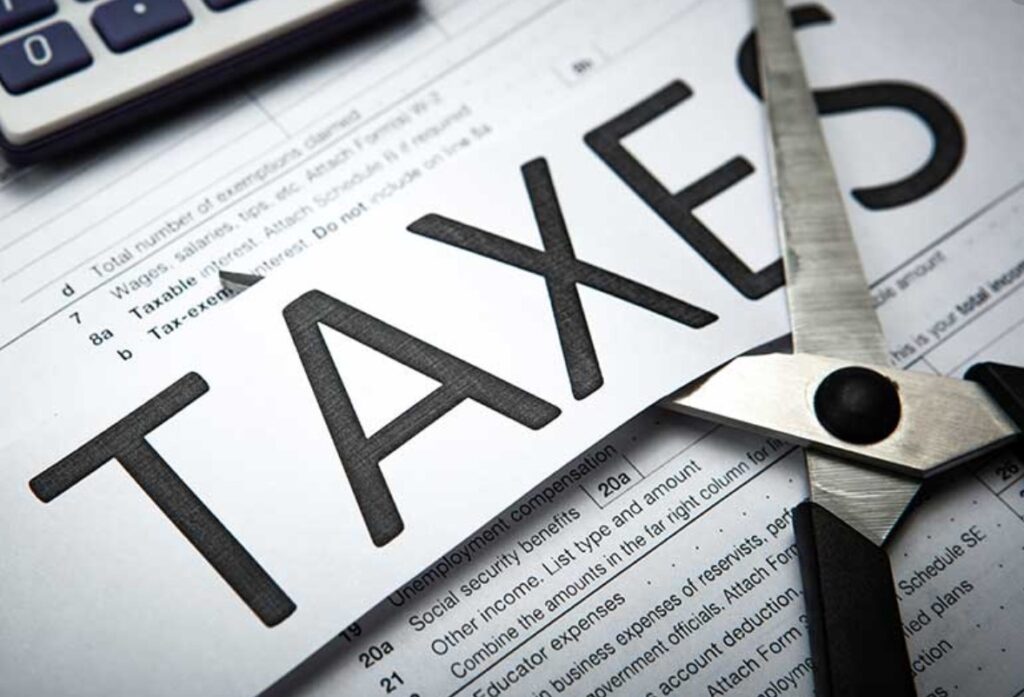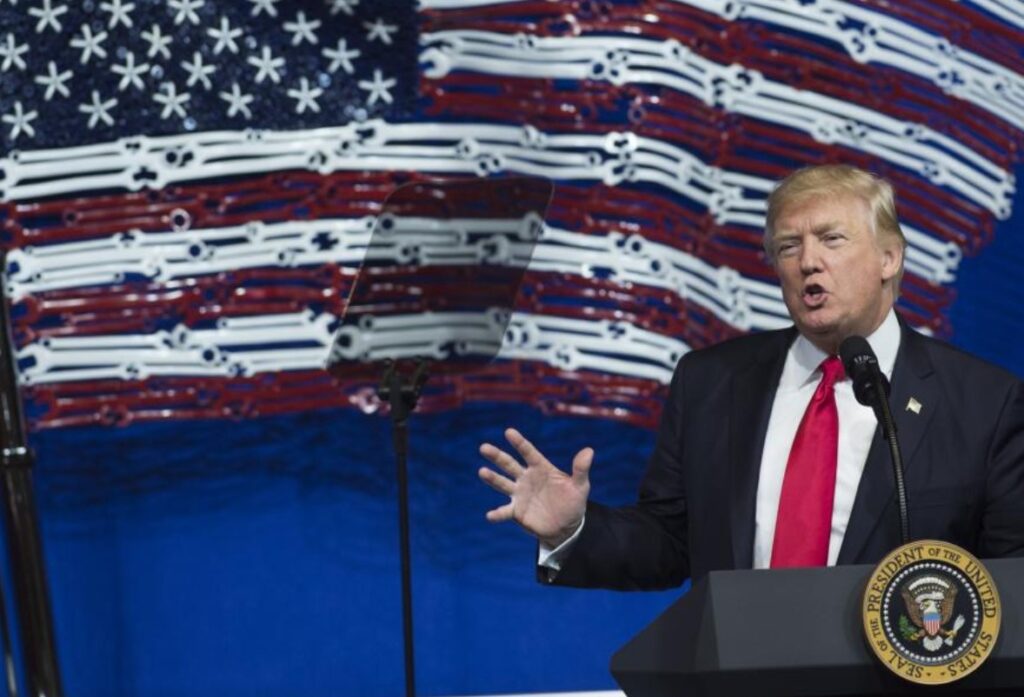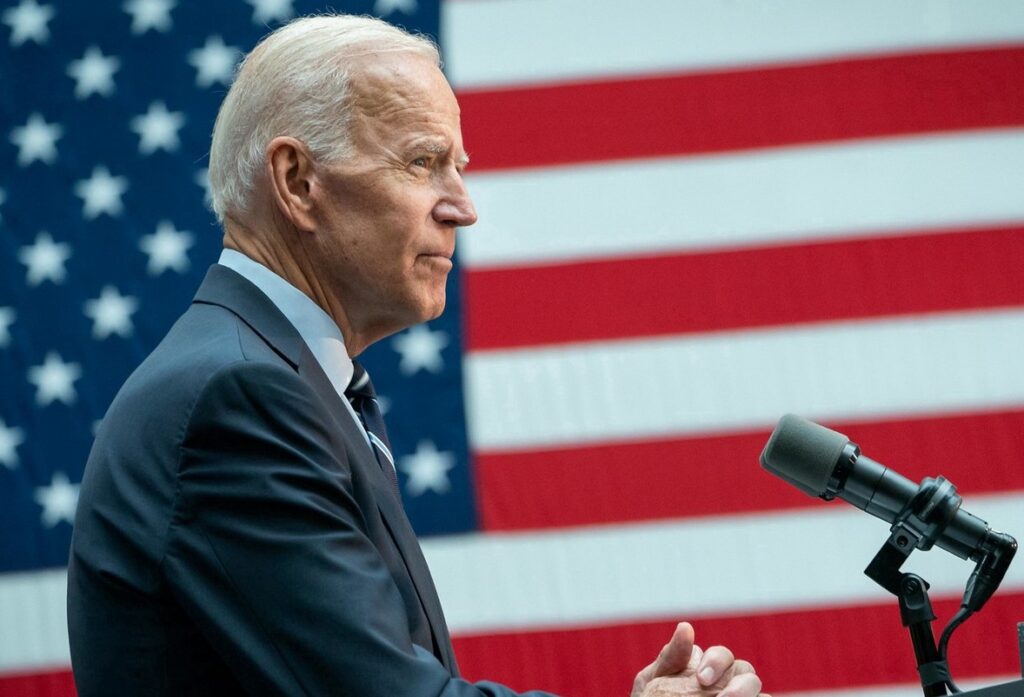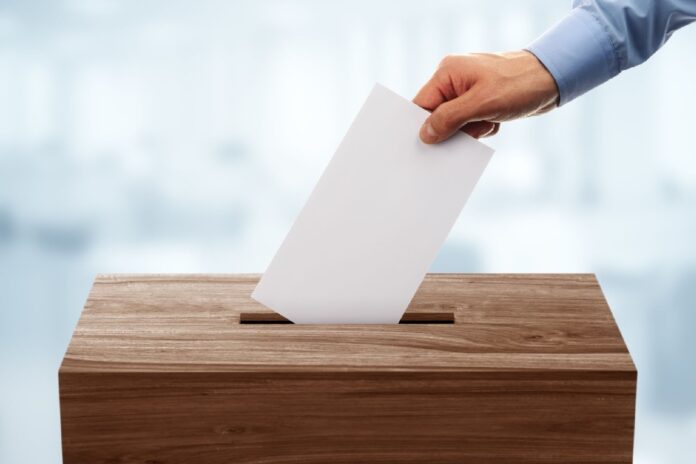What is ultimately most important to voters? “The economy, stupid,” as James Carville declared in 1992, has become most people’s go-to answer, but pinning down the differences in economic policy between the two major parties can be trickier than you might expect. This article examines where they stand on critical economic issues.

Overall economic strategy
Right now, the country is facing a looming economic crisis. The impact of the COVID-19 pandemic has led to extensive loss of earnings among private citizens, together with a significant increase in unemployment – something that is likely to worsen. As many individual Americans find themselves at a crisis point, the government also has to deal with a fall in tax revenue.
Donald Trump has expressed a commitment to getting Americans back to work again, something which is music to many voters’ ears, but it isn’t the simple solution it might seem to be. While some have framed the matter as a case of prioritizing coronavirus safety or the economy, the fact is that uncontrolled coronavirus is itself likely to have a negative economic impact, especially if it increases the burden of long term sickness. In other words, this is a complicated balancing act.
With both parties acknowledging that some degree of top-down financial stimulus is needed to support the economy, the Republicans focus on keeping businesses afloat through grants and tax relief while the Democrats prefer to concentrate on providing direct help to individuals and families. Especially those hardest-hit. The consensus-building organization No Labels has been working with individuals from both major parties to work around the ongoing risk of deadlock to ensure that disagreements don’t result in no stimulus package going through at all.

Taxation
Ask any random voter, and you’ll likely be told that the Republicans favor keeping taxes as low as possible while the Democrats are inclined to support bigger government and higher public spending. Looking at actual policy, however, it’s a bit more complicated than that. At present, both parties are focused on high-income Americans. The Democrats want to raise their taxes and tax long-term capital gains in the same way as income, which would be expected to generate around $4tn in revenue over the next ten years – money which could help the government fund a way out out of the predicted post-pandemic recession.
Republicans argue that this would discourage the wealthy from domiciling in the US, hit investment, and slow growth, but the Democrats counter that any short-term slowdown would be more than offset by long-term gains driven by public spending in areas such as infrastructure investment. Across Congress, Democrats and Republicans are unusually united in saying that paying off the deficit should not be a high priority at this time.

Trade policy
The past few years have seen the US pursue an increasingly isolationist policy, pulling out of several major trade accords and, most notably, getting into a trade war with China. Democrat policies look very different, with Joe Biden arguing that we need to build alliances and that partnering with other nations is likely to make us more successful in negotiations with the Chinese. Both Democrats and Republicans have expressed concern about the imposition of tariffs in trading relationships with ‘friendly’ countries such as Canada and Japan. It’s possible that in the event of Donald Trump winning the election, internal party pressure would see that tactic softened or dropped anyway.

Public health spending
Concerns around publicly-funded healthcare have never been as high on the agenda as they are now. Beyond the arguments over Obamacare, which remain as volatile as ever, there are widespread and immediate concerns over how the distribution of a COVID-19 vaccine should be funded. Again, this is not as simple as balancing humanitarian concerns against financial ones. No vaccine is 100% effective, so each individual’s protection depends on others taking it, making it difficult for the disease to spread. Those who can afford to be vaccinated privately will themselves be safer if the state pays for everyone else to get vaccinated.
Joe Biden supports the development of an expanded Medicare type system that would exist alongside private insurance and would apply even in those states which have previously chosen not to expand Medicaid in line with national policy. Donald Trump, meanwhile, has asserted that he will cut the cost of Medicaid through actions that would change the way providers are paid.

Housing
With millions of Americans now facing eviction because of the financial impact of the COVID-19 pandemic, and many others struggling to afford adequate accommodation in the places where they want to work (and where their skills are desperately needed), it’s no longer possible to deny that the US is facing an acute housing crisis. Faced with this, the Republicans have called on the Federal Housing Financing Agency (FHFA) and the Department of Housing and Urban Development to find solutions but have not proposed anything specific. The Democrats, meanwhile, have proposed a refundable tax credit of $15,000 for first-time buyers and want to ensure adequate funding to meet the needs of all low-income families eligible for help under the provisions of Section 8. Joe Biden and Donald Trump have clashed directly over the former’s proposal to reduce zoning restrictions.

Student debt
Closely bound up with housing is the issue of student debt, which is a significant factor in the drop in homeownership among younger people. With debts currently amounting to around $1.4tn (roughly $34,220 per individual affected) and much of this likely to remain unpaid for a substantial period, it’s widely agreed that something has to be done – the question is, what? At present, the Republicans are standing firm and refusing to discuss debt cancellation, either in whole or in part, whereas the Democrats have somehow got themselves into the bizarre position of pledging that they will act to reduce the burden of private student debts but not federal ones. Meanwhile, radicals in both major parties are arguing that the government needs to cancel student debts altogether.

Climate change
One of the biggest divisions between the two parties, at least at the top level, pertains to climate change. Donald Trump simply denies that it exists and has refused to commit to any spending to alleviate it, gradually stripping away funding from organizations with commitments in that area. By contrast, Joe Biden considers it essential to invest in tackling it and argues that this can be the driving force behind a government investment project that will drive economic regrowth. At the party level, the issue is more complicated. While most Democrats broadly support their candidate’s approach, senior Republicans are quite divided, with an increasing number feeling that action in this area has now become essential. This means that while there’s a strong probability that Biden will push forward with his plan if elected, Trump is more likely to encounter internal opposition, making the outcome of voting for him less certain where this issue is concerned.
To conclude with another quote, one must remember that, as British Prime Minister Harold Wilson famously said, “A week is a long time in politics.” The nuances of economic policy are constantly changing in both these parties. Policy has to deal with the world as it is at any given moment. If you want to determine who you can trust most with all the unknown moments of the next four years, your best bet is to look at the parties’ histories and broader beliefs.









